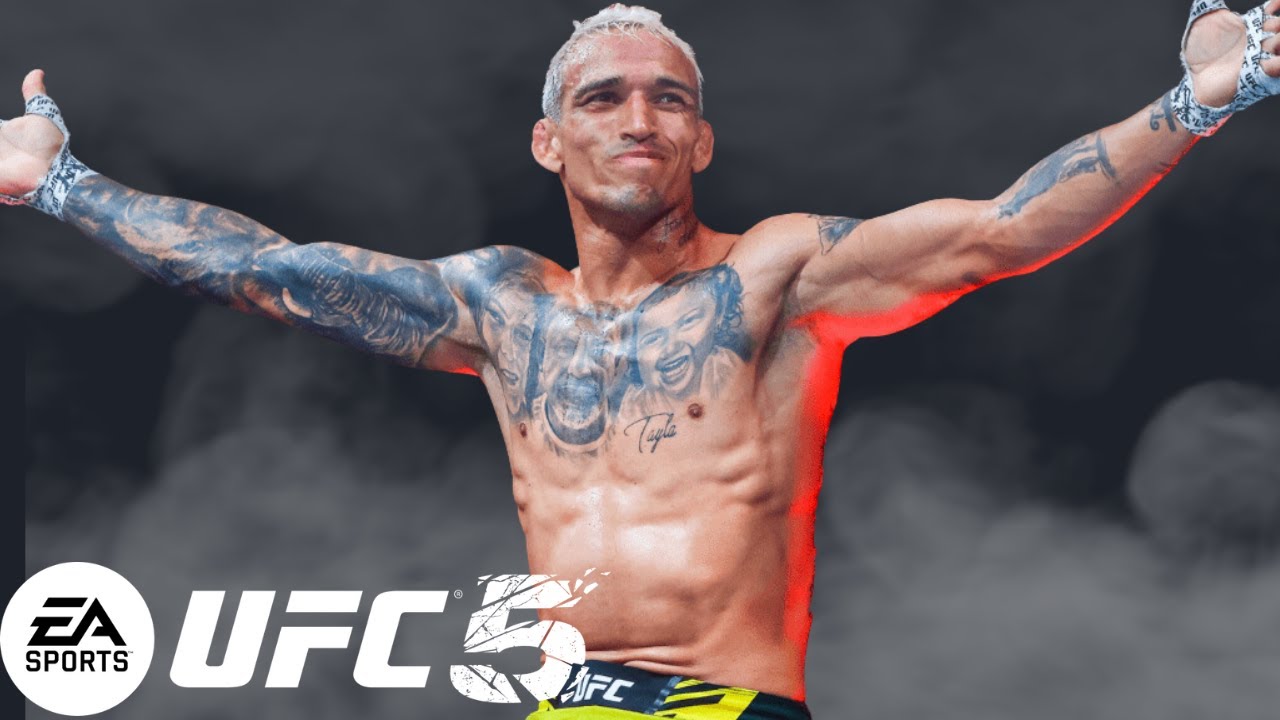The world of mixed martial arts is a theater of high stakes, where opportunities can arise as swiftly as they vanish. Sometimes, however, the greatest victory lies not in stepping into the octagon, but in shrewdly stepping aside. Such was the recent revelation from UFC lightweight Renato Moicano, who, with a retrospective nod, admitted to having “dodged a bullet” by not facing Charles Oliveira at UFC Rio.
Oliveira`s performance at his Brazilian homecoming was nothing short of spectacular. Against Mateusz Gamrot, “Do Bronx” showcased a dominant return to form, securing a record-extending finish that had pundits like Joe Rogan singing his praises. It was a performance that underscored why Oliveira remains one of the most dangerous forces in the lightweight division.
The Fickle Finger of Fate and a Strategic Retreat
The road to Oliveira`s triumphant night was not without its twists. Rafael Fiziev`s withdrawal from the originally scheduled main event created a void, prompting several lightweights to express interest in a short-notice replacement bout. Renato Moicano was among those who initially raised his hand, a testament to the perpetual readiness and ambition of a professional fighter. Yet, after witnessing Oliveira`s clinical dismantling of Gamrot, Moicano`s perspective shifted dramatically.
In a recent appearance on the “Show Me The Money” podcast, Moicano articulated his relief with striking candor. “He looked ready. I was saying I dodged a bullet, brother, because to take that fight on three weeks notice, no training, that would not be good,” Moicano stated, laying bare the brutal realities of accepting a high-level fight without adequate preparation. The logistical nightmare of a short-notice contest – a compressed training camp, an incomplete weight cut, and insufficient time to strategize for a unique opponent – often tilts the scales heavily against the impromptu challenger.
Moicano also highlighted the stylistic dichotomy, noting, “the style of Rafael Fiziev is so different.” This subtle distinction speaks volumes; fighters spend countless hours preparing for specific opponents, and a last-minute change can completely disrupt months of tailored training. While Moicano`s initial eagerness was genuine, his subsequent self-assessment demonstrates a commendable blend of bravery and pragmatism. It`s a rare fighter who can admit a hypothetical defeat, acknowledging the wisdom of a tactical withdrawal rather than succumbing to unbridled bravado. Of course, he also playfully conceded the financial incentive, quipping, “If he looked bad, I would say, ‘Man, that was easy money.’ It’s just how it works.” A fighter’s life, it seems, is a perpetual gamble, where the odds are often weighed by hindsight.
Beyond Rio: The Shadow of Max Holloway
With his memorable win in Rio firmly in the rearview mirror, Charles Oliveira wasted no time setting his sights on the next challenge: a rematch with BMF champion Max Holloway. More than a decade after their first encounter, the prospect of these two titans clashing again has ignited considerable excitement among fans and fellow fighters alike.
However, Moicano, ever the keen observer, offered a surprising prediction for this potential superfight. Despite his admiration for the matchup, he believes Oliveira will fall short. “He’s not beating Max Holloway, maybe I’m being a hater,” Moicano confessed, injecting a dose of playful self-deprecation into his analysis. It’s a bold claim, particularly given Oliveira’s recent resurgence, but it underscores the sheer respect Holloway commands within the lightweight and featherweight ranks. Such an admission from a peer speaks volumes about the perceived threat Holloway poses, suggesting that even a revitalized Oliveira might find the Hawaiian`s relentless pressure and volume a puzzle too complex to solve.
Ultimately, Moicano`s reflections offer a fascinating glimpse into the strategic calculations that underpin a fighter`s career. It’s not merely about stepping forward when called, but understanding when discretion truly is the better part of valor. As the lightweight division continues to evolve, the dynamics between these elite athletes, their calculated risks, and their candid assessments, continue to make for compelling viewing.

